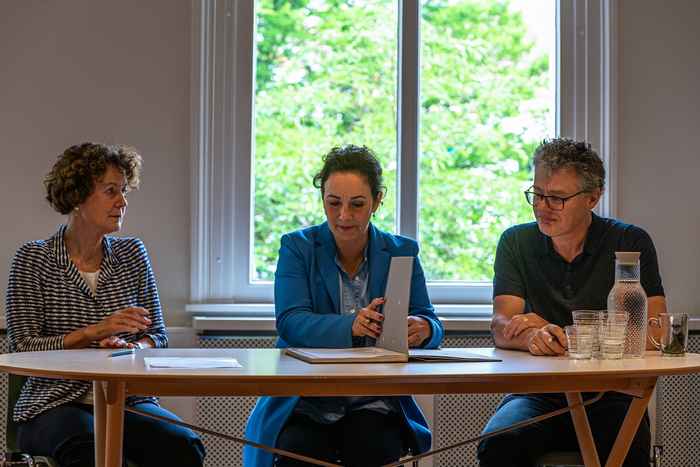Humanities hub with a view to the world
new collaboration between City of Amsterdam, KNAW and UvA connects the humanities with society
2 June 2022

In the historic heart of Amsterdam, there is a humanities hub of international allure. The Faculty of Humanities of the UvA, the humanities institutes of the KNAW and the Netherlands Institute of Advanced Studies are located here, as well as the University Library of the UvA with its Special Collections and the Allard Pierson Museum. This pooling of knowledge, talent, archives and collections, in combination with the international allure and rich cultural diversity of Amsterdam, offers unique opportunities for innovative initiatives at the interface of society, culture and scholarship. The Amsterdam Humanities hub will stimulate and foster social debate, and come up with solutions to urban issues, with Amsterdam as laboratory.
Humanities: knowledge and perspectives
Humanities disciplines examine how humankind experiences and shapes itself and its environment in view of the major issues and challenges of these times. Humanities perspectives and methods are indispensable for a wide range of issues: from ethics to new technologies, war in Europe, colonial past, migration and integration, diversity and cultural differences to the opportunities and dangers of artificial intelligence. Humanities scholars are therefore often at the inception and at the heart of vital social debates. They analyse big data, check facts and argumentation, draw lessons from the past and provide new insights. In that way, they are essential to a creative, inclusive and sustainable society.